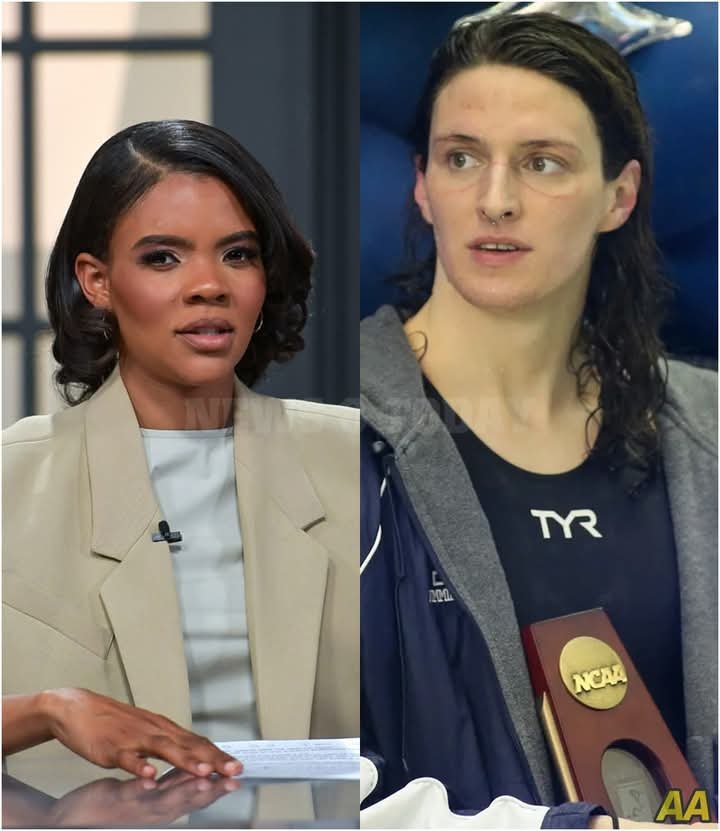
Candace Owens has sparked a fierce debate in the world of sports and gender equality with her bold statement calling for the expulsion of Lia Thomas from women’s competitions. In a passionate and unapologetic opinion, Owens argues that Thomas, a transgender athlete, does not belong in women’s sports. Her comments have raised eyebrows, especially considering the growing discussions around transgender inclusion and fairness in competitive environments. Owens is no stranger to controversy, but this latest remark has struck a chord with many who believe that the inclusion of transgender athletes in women’s sports is undermining the fairness and integrity of female competition.
Owens, a vocal conservative commentator, has long been outspoken on various social issues, and her latest position is no different. She contends that Thomas’s advantage in women’s swimming, after transitioning, represents an unfair playing field for biologically female athletes. Owens insists that allowing transgender women to compete in women’s events goes against the essence of fair competition, particularly when physical differences, such as muscle mass and size, give transgender women an edge over their cisgender counterparts. Her comments come amid ongoing debates on how to address transgender participation in sports without compromising the rights of women athletes.
The controversy surrounding Lia Thomas, who made history as the first openly transgender athlete to win an NCAA Division I championship, has ignited fierce discussions on both sides. Supporters of Thomas argue that she has the right to compete in the category that aligns with her gender identity and that inclusion is essential for the progress of equality in sports. However, critics, including Owens, argue that the transition process does not level the playing field enough to ensure fairness. This has led to widespread discourse on whether current policies are adequate or need reform to ensure equitable competition among all athletes, regardless of gender identity.
Owens’s call to remove Thomas from women’s sports has amplified the voices of those who share her viewpoint, as well as those who strongly disagree. The conversation surrounding the inclusion of transgender athletes in female competitions is more heated than ever, as many argue that protecting women’s sports and ensuring fair competition should be the priority. Owens’s statement, although controversial, highlights the significant tension between advocacy for transgender rights and the desire to preserve the integrity of women’s sports. As the issue continues to evolve, it is clear that a solution that satisfies both fairness and inclusivity is still being sought.
In the wake of Owens’s remarks, the debate continues to unfold, with many questioning what the future holds for the intersection of gender identity and athletic performance. Will policies change to address these concerns, or will the status quo remain? Only time will tell, but one thing is certain: the conversation about transgender athletes in women’s sports is not going away anytime soon. Owens’s comments have only fueled the fire, ensuring that this issue will remain at the forefront of sports discussions for the foreseeable future.




